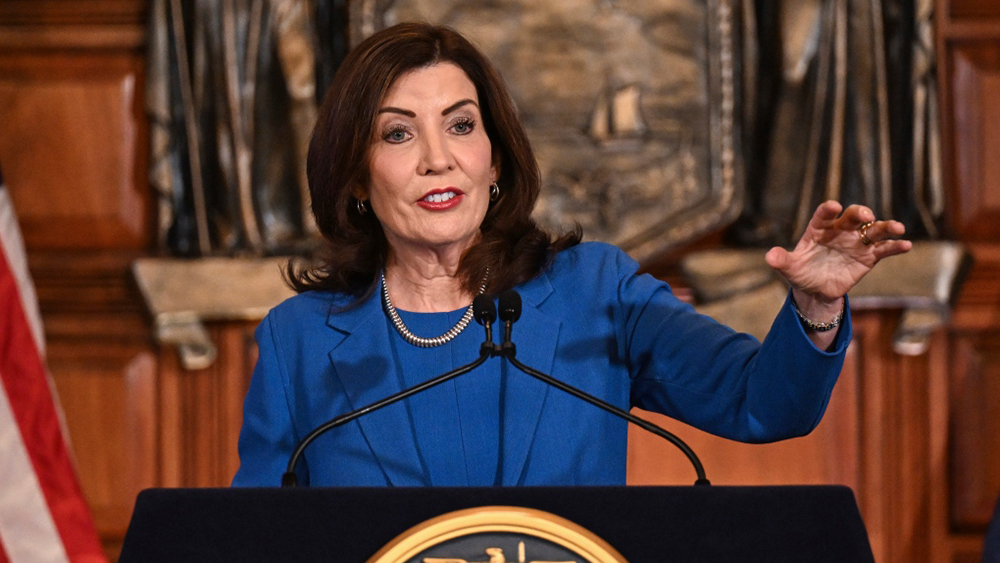|
Getting your Trinity Audio player ready...
|
By: Hellen Zaboulani
On Thursday , Gov. Kathy Hochul and the state Public Service Commission approved $200 million in the budget to grant utility customers a one-time credit. Over 8 million electric and gas customers across the state will see a credit over the next 45 days. Before we get too excited, it should be noted that each customer would only get a very modest credit of between $7.69 and $24.28.
“Every New Yorker deserves affordable and clean energy, which is why I fought to secure additional funds to provide financial relief for hardworking families,” Gov. Hochul said in a statement. “Energy affordability continues to be a top priority in my clean energy agenda and this utility bill credit is just one of many actions New York is taking to reduce costs for our most vulnerable New Yorkers.” Con Edison, which provides energy to New York City and Westchester, estimated that electric customers will receive a one time credit of $19.63, while gas customer will get a credit of $18.79. The governor and the state Legislature allocated the aid as part of the 2023 budget.
The bill credit was unanimously approved by the State’s Public Service Commission, but critics and even the commissioners agree that it won’t make a big dent in aiding customers who grapple with long-term energy costs. “It is not lost on me though that the issues around energy affordability are much deeper than a pot of money,” said PSC commissioner Diane Burman during Thursday’s vote. “In this case, while significant, it’s also a drop in the bucket for the larger energy affordability issues that are there.” Burman also acknowledged the need for more aid to small commercial customers. “The impact [of increased energy costs] on businesses cannot be lost on us because it is really an economic engine that we need to be addressing,” she said.
John Howard, another PSC commissioner, similarly described the aid as “somewhat anemic.” “I guess the message back to the Legislature will be that $200 million doesn’t go as far as it used to,” said Howard.
The small utility credit approved last week was part of several energy affordability initiatives launched by Hochul’s administration.
These include $380 million in energy assistance program funding, $360 million in home energy program funding and approving another $200 million in ratepayer funds to help low-to-middle income New Yorkers switch over to energy efficient products, and over $70 million annually through the Weatherization Assistance Program (WAP). In the order signing off on this bill credit, PSC officials said they expect the aid to “provide noticeable relief towards winter bills” but added that they do not expect that the amount will succeed in making a significant impact on outstanding utility bills.
The program, proposed by the Energy Affordability Policy working group, was tasked taking into consideration energy commodity cost increases and the rising costs of utilities’ delivery rates. Per Crain’s, PSC data shows that outstanding unpaid utility bills have jumped since the start of the Covid-19 pandemic. In 2019, before the pandemic, residential customers owed $725 million and commercial customers owed some $134 million in unpaid energy bills. Alarmingly, as of August 2023, residential customers owe $1.3 billion and commercial customers owe $578 million — marking a shocking 331% increase in business’ unpaid utility bills.




